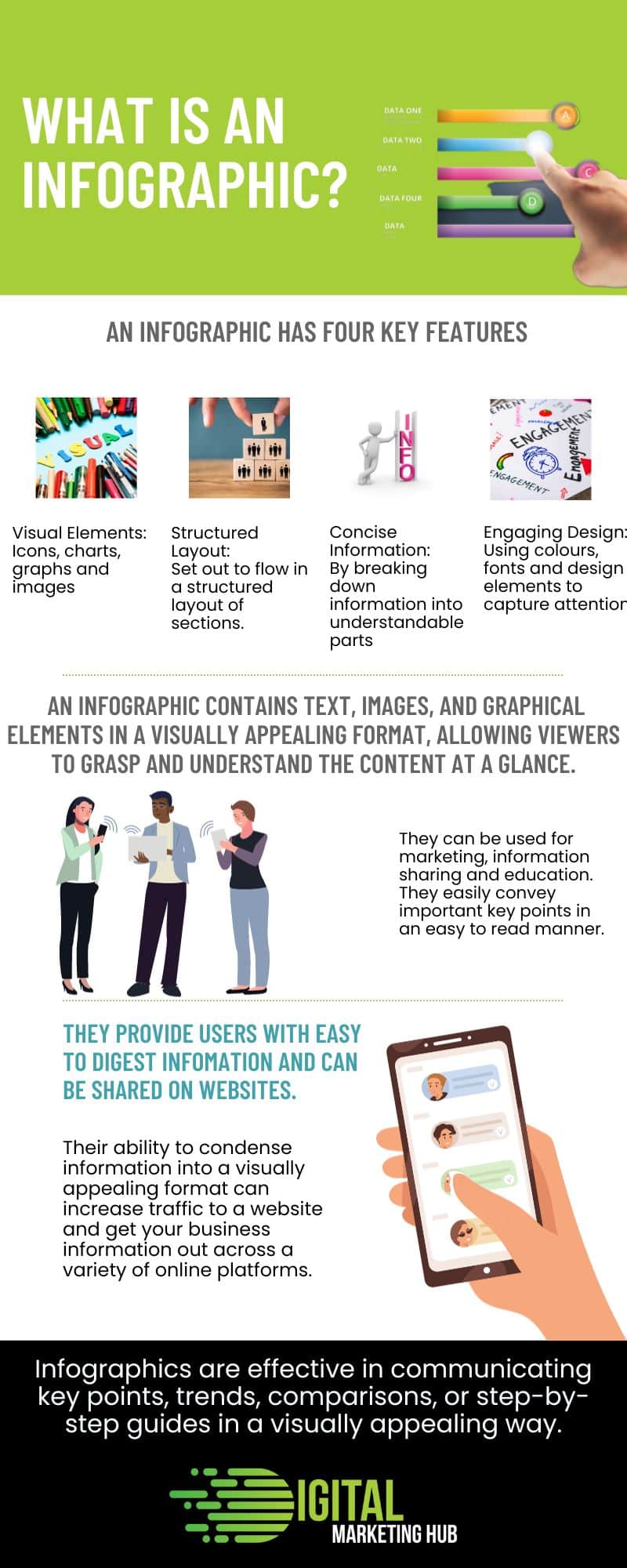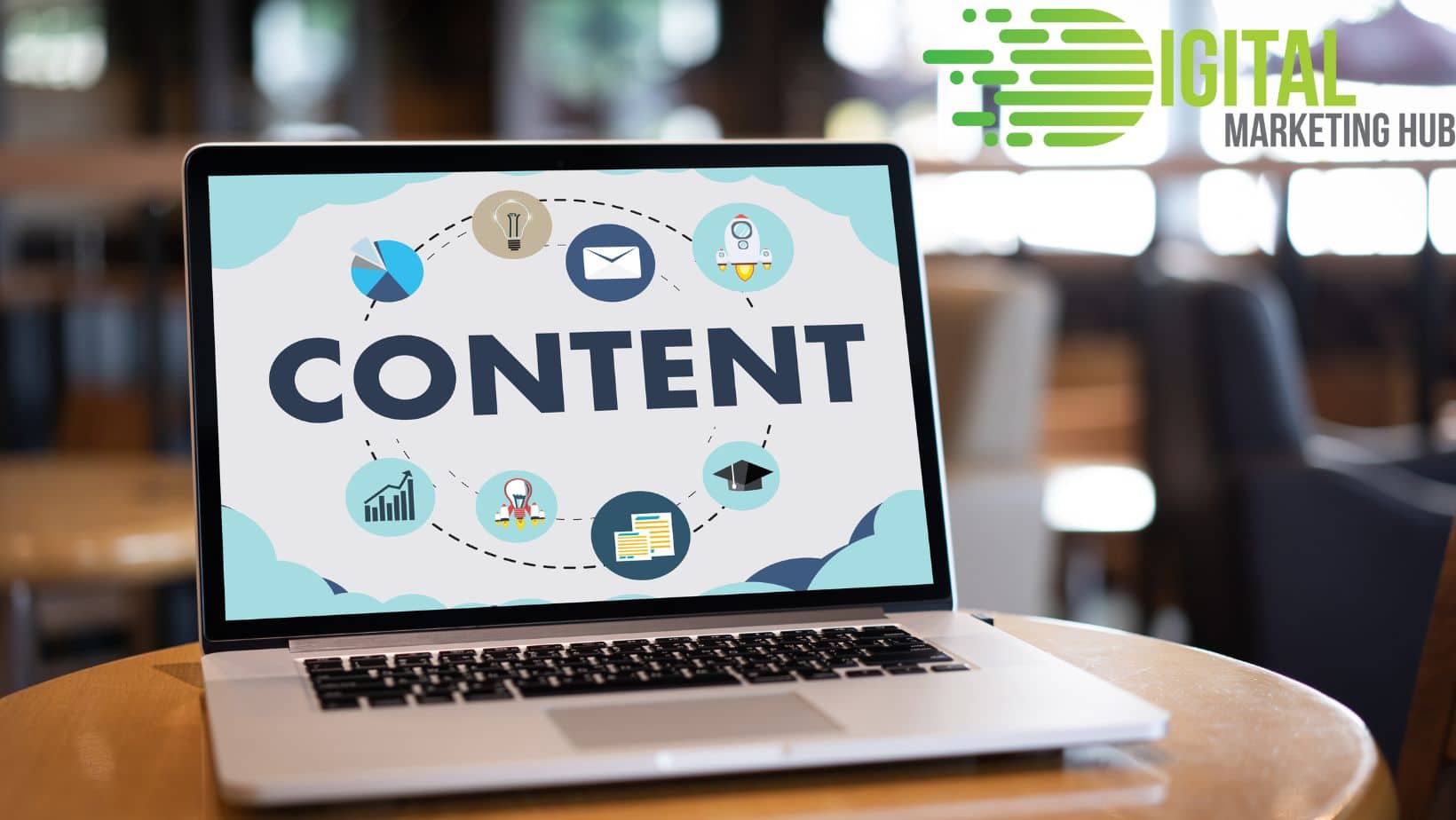It’s hard to keep up in the world of digital marketing, the goal posts are constantly shifting faster than ever before! The saying ‘Content is King’ is truer now than it ever has been. Website content has become the forefront of creating successful marketing for your business by playing the leading role in making your website visible, encouraging user engagement and improving your search engine rankings. But what is content and how do Google and other search engines use it to create rankings? Let’s find out:
The purpose of search engines is to crawl the internet and provide the user with the most up to date and valuable information. To do this they use intensely complicated algorithms that look at the quality of information, relevance and the engagement of the content to rank your website.
What Makes Your Website Content Relevant
Search engines analyse the content on your website to make sure that it not only matches the search enquiry but also determines whether or not it is relevant to the users needs.
Keywords and SEO Optimisation
By generating content that has relevant keywords throughout gives the search engines an understanding of the topic of the page. The search engine then uses this understanding to match the search query for the user.
Does the content offer value to the user?
If so what is the quality of the information? By creating original content that is informative as well as engaging you will find that search engines like Google will rank that information at a higher ranking. This is because it offers the user a greater overall user experience.
User Engagement
All of the actions taken by a user online are taken into consideration by the search engine of your preference. They monitor the amount of time spent on the site, the amount of times people share the information and also the bounce rate. All of these metrics provide the search information with the required data to determine the value of the information within your website’s content.
The Different Types of Content
By making sure your website has a different variety of content broadens your audience by catering to a variety of different users. Let’s have a look at some of the key content formats that you can add to your website and what they are:
Written Content
This type of content comes in the form of articles, blog posts and ebooks. Here is the down low of what each type is and how you can use it on your site:
Articles: An article is written content that provides news, information or an opinion on a specific topic. Articles are educational and can be written in a variety of styles which include narrative, explanatory or informational. They are used to establish expertise in your chosen field and are a great marketing tool.
Blog Posts: Blog posts are created for online platforms and websites and what makes them different to articles is that they are written in a much more casual way with a tone that is conversational. A blog post can be written about anything from a guide to offering education information or provide users with the author’s story of their own experiences. Blog posts are accompanied by images and/or videos and encourage user engagement by allowing readers to comment and interact with the author. When reading blog posts online, you may find that they are listed with the newest first and that they often continue on or refer back to other blog posts meaning it’s an ongoing user experience.
eBooks: An eBook is an electronic book. It is the same format as a traditional book but in digital format. The popularity of eBooks has increased as they can be read on different devices such as PC’s, Tablets, Phones or e-readers. They are often cheaper to purchase than traditional books and the user can access the information anytime from anywhere (no more carrying around a bag of books on your next vacay!). An eBook can be created by anyone and is a great addition to your website. They can also be used by attracting users to your site by offering them for free or as a marketing tool called a lead magnet – this allows you to offer your user something for free and in return you can collect their information and add them to your database!
Visual Content
Not everyone learns the same or is attracted to the same thing. That’s why it is so important to offer a multitude of different types of content on your website. This really broadens your potential audience.
Infographics: To give you an understanding of exactly what an infographic is we thought we might as well make you one.

Images: When it comes to images on your website these can refer to photos, pictures, graphics or visual elements. Not only do images improve the appeal of your website but they also assist with communicating the website brand and services to the user. Images can be used as a design element alone creating brand awareness or to support the written information within the site. This captures the audience’s attention and can also increase the user engagement.
Videos: Videos are modern day storytellers – you can use them to demonstrate, inform them about your products or use them to let your audience get to know you. They have so many purposes from entertainment value to testimonials or education. Videos allow you to capture the attention of your audience for longer periods of time which in turn means they are spending longer on your site. Make sure that your videos are captioned with subtitles (that are also SEO optimised) – this makes it even easier for people with disabilities to access your site too. With the multitude of social media platforms, videos are the highest shared content.
Interactive Content
User engagement is one of the key measurements used by search engines to determine the value of your website.
Quizzes: Having quizzes on your website draws your audience in because of their interactive nature and at the same time, increases your brand awareness. Whilst they offer the user a short break from the standard content found online they can also provide you with data and insight into the users interests and behaviours. Quizzes can be created about anything from general knowledge, specific subject tests or personality quizzes. They are popular because they are fun and at the end the result can either provide a score or a result based on the topic of the quiz. I mean, who doesn’t want to find out ‘what kind of personality trait describes you best?’. Quizzes promote user interaction and if the user has had an enjoyable experience with your quiz, chances are they will share it with their friends.
Polls: Polls are an excellent interactive tool because they allow your audience to share insight or opinions on very specific topics which provides you with invaluable information. The user is choosing to give you information without getting anything in return – this means that the information will be genuine and resourceful. Polls can be used to gain a real time insight into the needs of your audience giving you data on current market trends and audience preferences. By using polls, you can create a sense of community within your audience which heavily strengthens your brand relationship with clients.
Interactive Tools: Interactive tools on websites can increase the time users spend there. They can also allow the user to create their own experience on the site. Interactive tools can be chatbots, virtual tours (perfect for Real Estate agencies), live chats or calculators (hello switching to a better home loan rate!). By having interactive tools on your site, it offers the user a better experience.
Audio Content
Some people prefer audio content instead of written content. By adding an audio component to your website you can offer the same information to both types of users doubling the reach of your audience!
Podcasts: Podcasts are a series of audio recordings that come in episode format. They can cover anything from interviews, stories, news, specific subjects or entertainment. They are available for streaming or download. Listening to a podcast about something you find interesting really can be addictive. They are awesome as you can consume information while going about your daily commute to work, at the gym or doing housework. Podcasts provide another way to reach your audience and can be promoted not only on your website but on social media platforms and streaming platforms as well. If you really want to engage and connect with your audience, this is a great way to start building the brand and asserting your authority in your specific field.
Audio Books: An audio book is a narrated book that is available online or for download. They offer an alternative to those who prefer listening to reading and can be used on a variety of devices. Audio books allow the narrator to bring their stories or information to life in a way that can allow them to get the correct tone and narrative of the information across to the reader more so than written text. Like podcasts, audio books can be used while carrying out other activities. Many authors narrate their own books. If you have written a book (or want too) providing an audio version would allow you to expand your audience reach.
How to make your content a success
Here are some things that you can do to reach your audience with content created to make sure you are creating the right type of content with YOUR audience in mind:
Understand your audience
Do Your Keyword research
Create informative, original, quality content
Use visuals that are engaging
Be consistent – post regularly
Make sure your website and content is SEO Optimised
Now that you have an understanding of the different types of content and how important they are for your website to not only cater to your clients but rank with search engines, we hope that you can go forth and create something amazing and of value to your audience! The content you create will improve your website visibility and at the same time establish your brand by building a relationship with your clients.
If content creation isn’t your thing don’t despair. The team at Digital Marketing Hub are here to help. Content creation is our jam and we are always happy to have a chat about your website’s needs.

